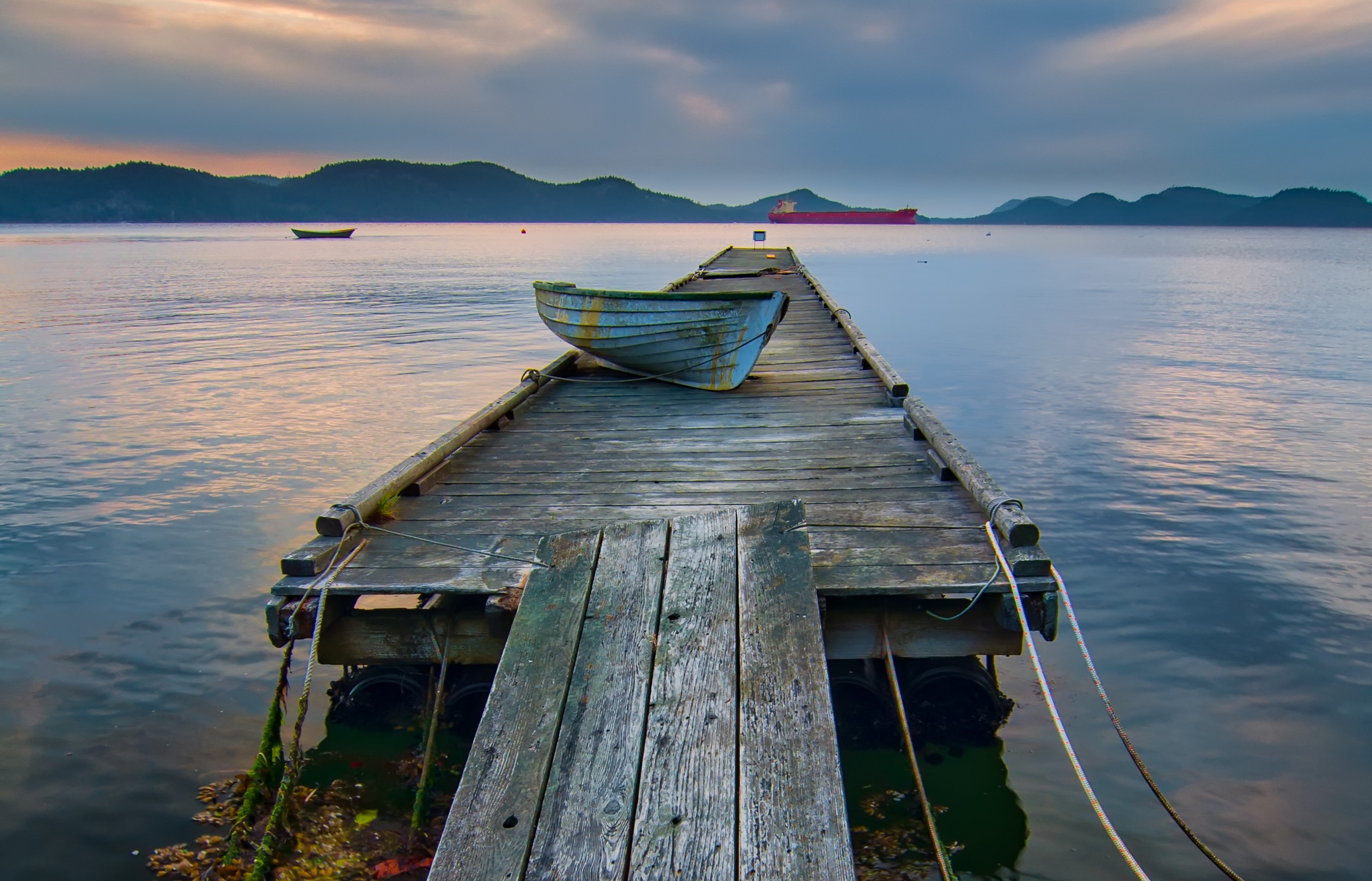Despite the Taliban’s several assurances towards moderation during the innumerable reconciliation processes in the last two years, it all came to be a watershed after the insurgent group captured Kabul on 15 August 2021. The previous year of Taliban rule has been defaced by an upsetting rollback of women’s fundamental rights and privileges. It almost dissipated the 20 years of hard-earned efforts of Afghan women. It became more prominent after Mawlawi Hebatullah Akhundzada, a hardliner, earlier this week formally ordered the full implementation of Islamic Law in Afghanistan. It raises more concerns over the growing human rights situation in Afghanistan. Combined with Afghanistan’s existing patriarchal culture, and the excessive control over women’s mobility, and fundamental rights, the Taliban policies only raise more concern.
The Moscow format consultations on Afghanistan that India was part of, which concluded on November 16, and discussed the current humanitarian crisis in Afghanistan. The Moscow format is a gateway for regional stakeholders–India, Russia, China, Pakistan, Iran, Kazakhstan, Kyrgyzstan, Tajikistan, Turkmenistan, and Uzbekistan to interact with the Taliban representatives, who were this time not present for the talks. In the wake of the Ukraine crisis, the Afghan issue had taken a backseat in the world’s inner voice, a sentiment deeply supported by India. In that regard, Indian representation in the talks is a significant departure to engage with the Taliban at a “non-official” level. The talks will aid New Delhi to engage with Kabul based on their historical ties and people-to-people interaction.
As the Taliban regime continues to govern Afghanistan, the Moscow consultations discussed having an inclusive government in Afghanistan. The security situation in Afghanistan is “upside down and inside out”. Among the most pressing issues in Afghanistan, security is of major concern—wherein the attacks from the Tehrik-i-Taliban (TTP) have only intensified which has posed a great concern for Pakistan. The Taliban takeover in August last year was rejoiced by Islamabad, given attaining strategic depth to have a favourable government in place. However, with the Taliban gaining Afghan control, Pakistan witnessed a sharp increase in violence. In 2021, there were 294 attacks – a 56 per cent increase since 2020 and 45 of those in December alone. Most of the attacks were carried out in the tribal belt in northwestern Pakistan and the southwestern province of Baluchistan, targeting both security personnel and civilians.
Pakistan’s utter frustration with the Afghan Taliban’s lack of intent to act against TTP burst into the open when Pakistan carried out airstrikes in Afghanistan’s eastern provinces of Khost and Kunar in April this year. Afghan Taliban and TTP are part of the same phenomenon of radicalism that Pakistanis and Gulf elements have fermented as an ideological project in the border areas of Afghanistan and Pakistan, initially as a first step to recapture Afghanistan. TTP fought along with the Afghan Taliban against the U.S. and its allies for decades.
Additionally, the U.S. withdrawal from Afghanistan hoped to see regional countries stepping forward, particularly the Chinese interests in investments in the country’s vast mineral deposit. However, China seems reluctant to venture into Afghanistan when the country is faced with economic severity, and the delay or skepticism has emerged from the Taliban’s inability to contain the East Turkestan Islamic Movement (ETIM).
The fact that the Islamic Emirate has not received international recognition despite its claims of having fulfilled all the requirements shows the continued global distrust and concerns. It arises from the Taliban’s failure to abide by the Doha Agreement in addition to their atrocity towards the girls and women, and lack of an inclusive agreement because of which they remain unrecognized.
For this, the Taliban will need to undergo several changes–beginning with establishing an inclusive government that is representative of diverse ethnicity, profession, and gender. The international community also demands adherence to international law–meaning letting go of the strict implementation of the Islamic law that prohibits the basic movement of girls and women. Upon questioning these abuses in Taliban’s policies, they argue that these issues are secondary in nature and would be addressed in the near future and are not a concern at the moment.
Therefore, unless there is a radical change within the dividends of the Islamic Emirate, it will be difficult for the region to engage in the growth and development of Afghanistan, currently faced with a severe crisis. A concern deeply shared by India, Russia, and Iran on the sidelines of the Moscow talks. More importantly, Mes Aynak in the Logar Province of Afghanistan is the world’s significant storehouse of copper deposits because of its richness. It is estimated to have around 30 million metric tons of copper–that can further Afghanistan achieve its current economic crisis and improve the lives of Afghans. Together with its engagement with the regional actors, copper would instill the production of global clean energy. In that context, Afghanistan typically has immense to offer to the world and is currently unable to, considering the restrictions on the Taliban group. Hence, the time is ideal for the Taliban to reassess their policies and focus more on regional engagement and cooperation.

























